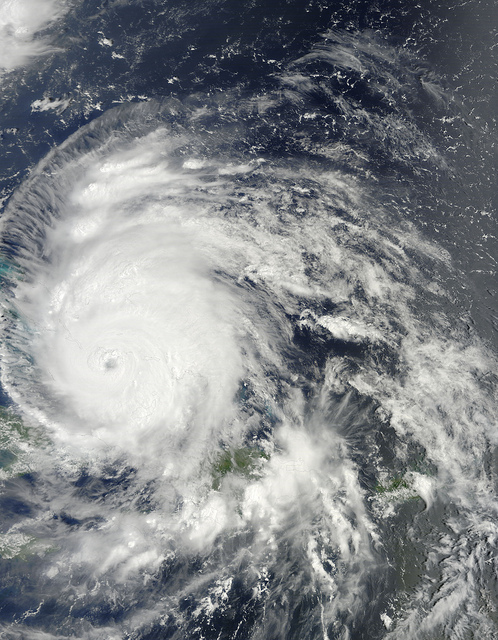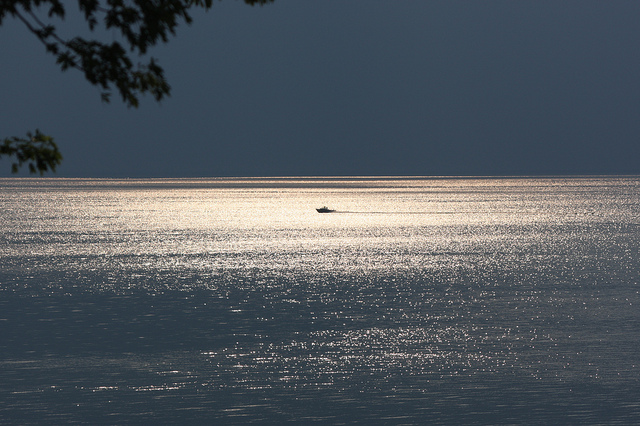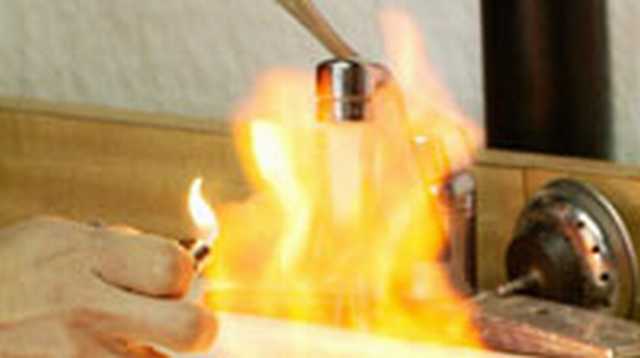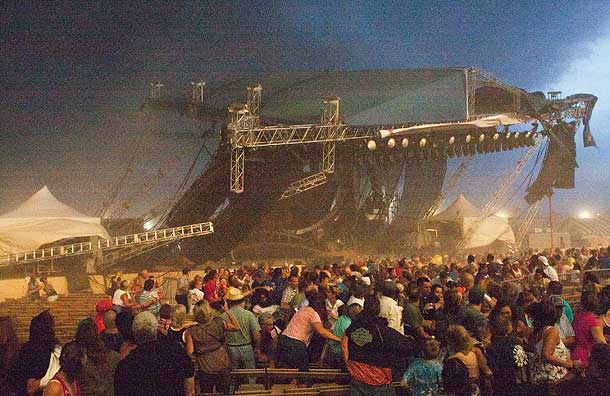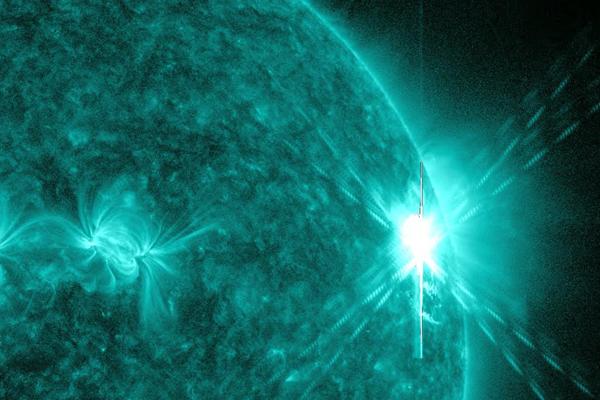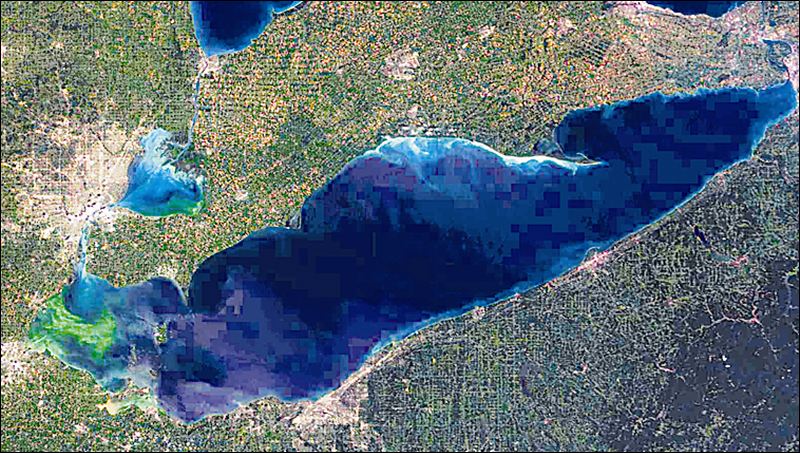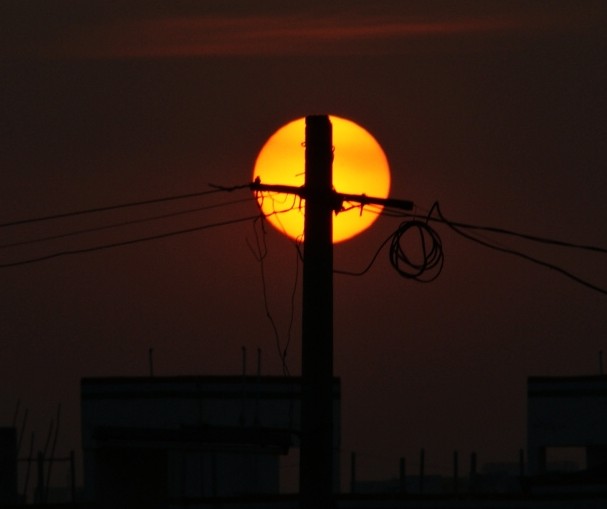Podcast: Play in new window | Download
Subscribe: RSS

Having described how fast the airplane is descending, and how close it is to the rocks, Dr. Harte and his interviewer do the required fantasizing about how a soft landing might come about. (Photo by Radio Nederland/Flickr)
Forbes Magazine is a capitalist tool. That is not an insult, that is its self-proclaimed motto. Known for listing, rating and pandering to billionaires and business, serving as it does the biggest and baddest industrialists in the world, Forbes (and Forbes.com) is where you would expect to find pollution propaganda and climate-change denial. It is the last place you would look to find a hair-on-fire, climate-change authority explaining in great detail why we should, in effect, brace for impact. But guess what: the man has bitten the dog. Continue reading
